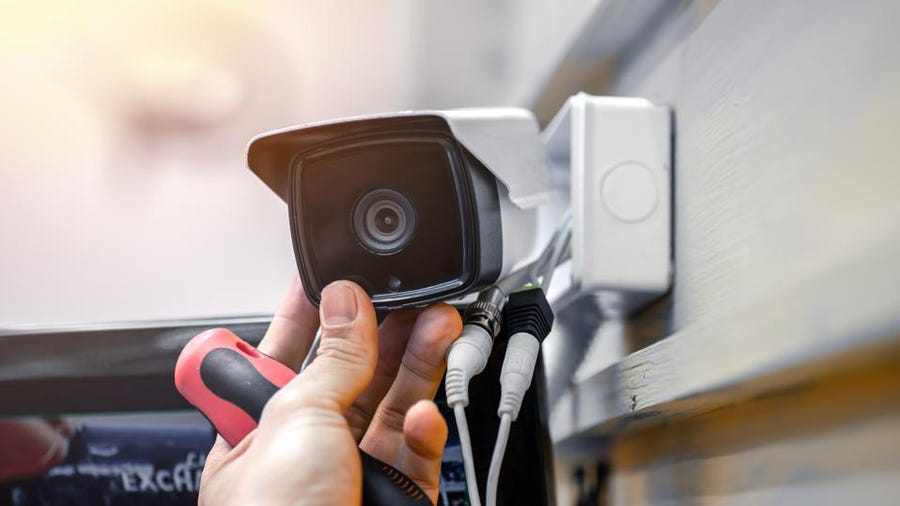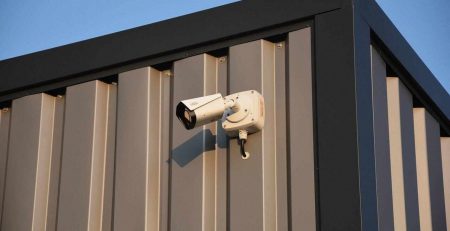Wired Vs. Wireless Security Cameras
Protecting your home is easier than ever with security camera systems. Using either wireless or wired cameras, you can monitor your home while on vacation or at work. When you’re at home, the system acts as a second set of eyes around your property.
Wired cameras require more set-up time and effort but offer greater reliability. Wireless security cameras are inexpensive and they set up quickly. But network failure and on-site tampering are possible downsides.
Featured Partners
Customer Reviews
Excellent
Contract Required
No
Lowest Monthly Fees
$29.99
1
Vivint888-318-0061Learn More
On Vivint’s Website
Customer Reviews
Good
Contract Required
No
Lowest Monitoring Price
$49.99
2
FrontpointLearn More
On Frontpoint’s Website
Wired Security Cameras
Wired security cameras transmit video and audio signals through a wire to a central hub. The footage can either remain local on the hub for later viewing or it can be sent outside of the home to a network. The network allows users to view the video live or watch it later.
Wired security cameras receive their electrical power via a hardwired cable. This power might come directly from a power outlet. Or the power may be sent through the wire that connects to the central hub: the PoE (Power Over Ethernet) cable.
The central hub is usually located in or around the home. The hub is sometimes a digital video recorder (DVR) that is attached to the cameras with coaxial cables.
Alternatively, the hub may be a networked video recorder (NVR) system, which is used with the newer Internet Protocol (IP) cameras. Instead of coaxial cables, the NVR system uses PoE cables.
Pros
- Clear video and audio signals
- Reliable signals, should not drop
- Constant power to cameras
- Wireless hacking of home system not possible
Cons
- Not portable; system remains with the house if you move
- Lengthy wiring must be hidden
- Wiring must be run to numerous locations
- Number of cameras limited by number of jacks on the DVR
Advantages of Wired Security Cameras
With the prevalence of low-cost wireless security cameras, it’s easy to perceive wired camera systems as a thing of the past. This is far from true. Wired camera systems are a strong option for home security and they offer advantages over wireless systems.
The chief advantage of wired camera systems is that the feed to the hub remains safe. The signal will not break or degrade. As long as the wire is in place, the hub should always be receiving the feed uninterrupted and at maximum fidelity.
Wired security camera systems work well for multiple camera installations throughout many rooms of the house and to the exterior because the signal will not be impeded by walls.
Disadvantages of Wired Security Cameras
Installation is the main downside to wired security camera systems. Between four and 16 cameras may need to be set up. Because you want to cast a wide view across your home and property, it is not possible to cluster the cameras to save on wiring.
Wires for security cameras are long—hundreds of feet, total. Since few homeowners care to have exposed wiring tacked to baseboards and walls, all wires must be fished through walls, ceilings or crawl spaces.




Leave a Reply